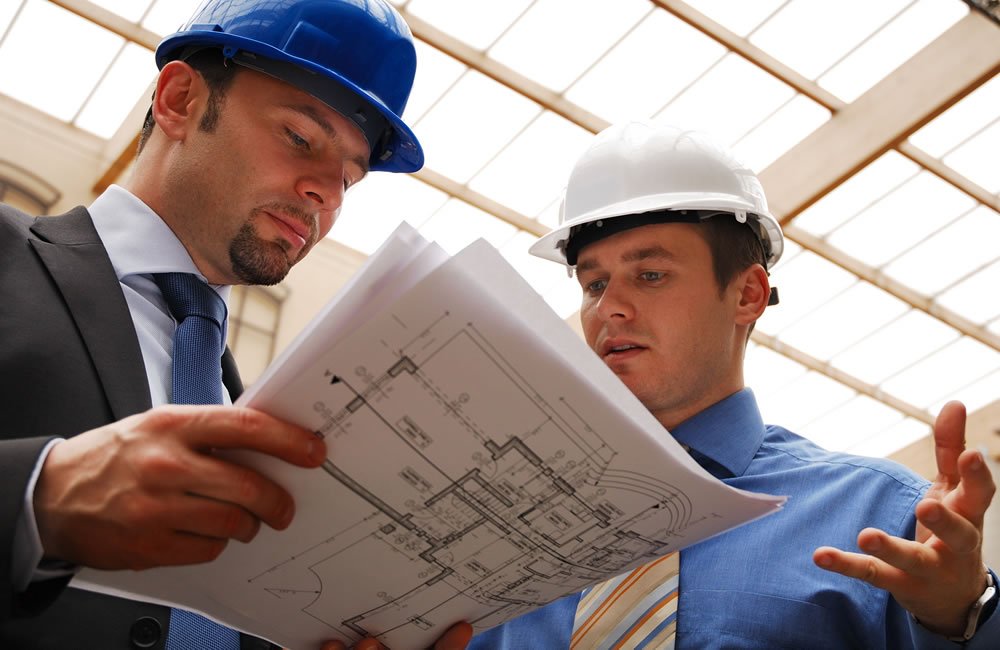Unveiling the Dynamics of Property Developers: The Architects of Urban Transformation
Unveiling the Dynamics of Property Developers: The Architects of Urban Transformation
Blog Article
Developers of property play an integral role in shaping the social, physical and economic landscapes in our cities. Companies or individuals contribute to the transformation of raw land into vibrant communities, commercial hubs, or housing complexes. Their influence extends beyond mere development; they're the architects of urban environments and sculptors of the skyline, and facilitators of societal progress. Their activities, however, are not without controversy, raising issues of cost, sustainability, and the gentrification process.
The heart in the business of property developers is the idea of turning abandoned land or unutilized property into tangible assets. They meticulously analyze market trends, assess the needs of the neighborhood, and envision projects that meet both demands and aspirations. These visions often involve collaboration with architects, urban planners, and local authorities to ensure that their plans are aligned with the zoning laws, infrastructure requirements, and environmental requirements. From luxurious condos to mixed-use development, property developers have the ability to conceptualize and building projects that appeal to diverse demographics and preferences.
One of the most significant contribution of property developers is the alleviation of housing shortages in rapidly growing urban centers. By conceptualizing and executing residential projects, they address the pressing need for accommodation that caters to a variety of demographics and income brackets. Affordable housing programs are a particular example of their social responsibility, aiming to increase homeownership to households of low and middle income.
Apart from physical development and property development, property developers play a significant role in shaping the community's socio-economic environment. By implementing strategic plans and investing in the development of communities, they aid in creating vibrant communities equipped with essential amenities such as recreational areas, parks, and cultural sites. These developments don't just enhance the living standards of inhabitants but also lure businesses and job creation and create a sense of being part of the community. Developers also often participate in charitable activities, helping local initiatives and infrastructure projects that improve the social fabric of the area. To obtain additional details kindly check out https://akisama.com.my/
However, the pursuit of development is not without its challenges and controversies, often that require complex discussions with local authorities environmental protections, as well as community resistance. Critics argue that rapid urbanization that is facilitated by developers may cause problems like gentrification, relocation of native communities, and the degradation of our environment. Finding a balance between the demands of economics and environmental sustainability remains an ongoing issue for the industry.
Looking into the future, the position of property developers will continue to adapt to shifting demographics, urbanization trends, and global challenges. Rising demand for mixed-use developments such as transit-oriented communities, transit-oriented neighborhoods, and wellness-centric spaces will shape the next generation of projects. Furthermore, the necessity to tackle climate change as well as ensure social equity will prompt developers to look for innovative solutions and collaborative partnerships. This dynamic and ever-changing landscape requires agility, adaptability, and an innovative mindset will distinguish the trailblazers who redefine the boundaries of possibility in real property development.